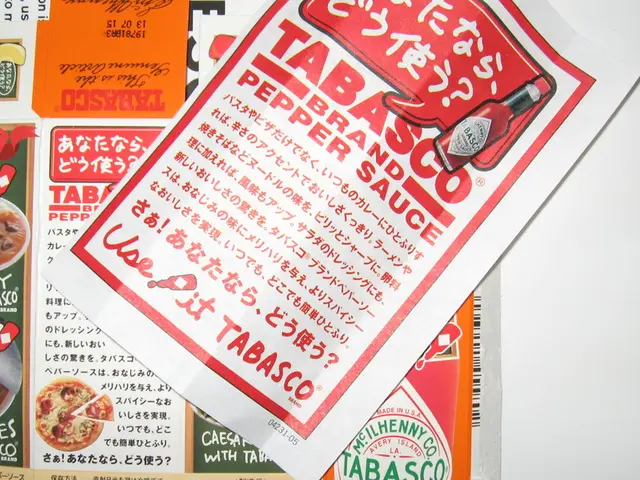Differences Between Scrabble Dictionary and Regular English Dictionary Explored
In the world of word games, Scrabble stands out as a beloved classic. But did you know that the Scrabble dictionary differs significantly from a traditional English dictionary? Here's a breakdown of the key differences:
The Scrabble dictionary, a compilation of approximately 267,000 official words, is derived from combined British and American sources, such as the Collins English Dictionary and the NASPA Word List. This specialized dictionary focuses on words valid for competitive Scrabble play, which mainly consists of common English words, plus some additional words recognized in tournaments.
On the other hand, traditional English dictionaries cover a broader range of words, including rare, archaic, technical, proper nouns, and words used in various contexts. They often provide explanations, etymology, and usage examples.
One of the primary differences between the two lies in the words they include. The Scrabble dictionary excludes abbreviations, proper nouns, and some non-standard words, while a traditional dictionary encompasses a wider variety of word types.
Another distinction is the length of words. Scrabble dictionaries include words of all lengths, from two letters and up, as the game accepts words starting from two letters. However, very long words may be restricted in tournaments due to board size limitations. In contrast, traditional dictionaries include words of all lengths, from one-letter words to very long and specialized terms.
Perhaps the most notable difference is the absence of punctuation in Scrabble words. Scrabble dictionaries exclude words containing punctuation marks, hyphens, or spaces because those cannot be played on the Scrabble board. Only continuous letter strings are allowed. Traditional dictionaries, however, list words with punctuation such as hyphens or apostrophes and provide usage guidance for punctuation.
In summary, Scrabble dictionaries are curated specifically for gameplay, emphasizing valid English words recognized in tournaments without punctuation or abbreviations, and including some loanwords. Traditional English dictionaries are more expansive, including a wider variety of word types, usage examples, punctuation, and linguistic details.
It's essential to remember that using a Scrabble dictionary for exam preparation or playing a Scrabble match with a traditional dictionary could lead to confusion and inaccuracies. Stick to the rules of the game, and you'll be on your way to a successful Scrabble match in no time!
Engaging in online education platforms can provide opportunities for learning new words beyond the Scrabble dictionary, as they often cater to a broader spectrum of vocabulary, including rare, archaic, technical, and contextual words. Conversely, education and self-development focused on Scrabble gameplay might prioritize learning common English words and competitive Scrabble-recognized words to enhance one's online education in the game.







